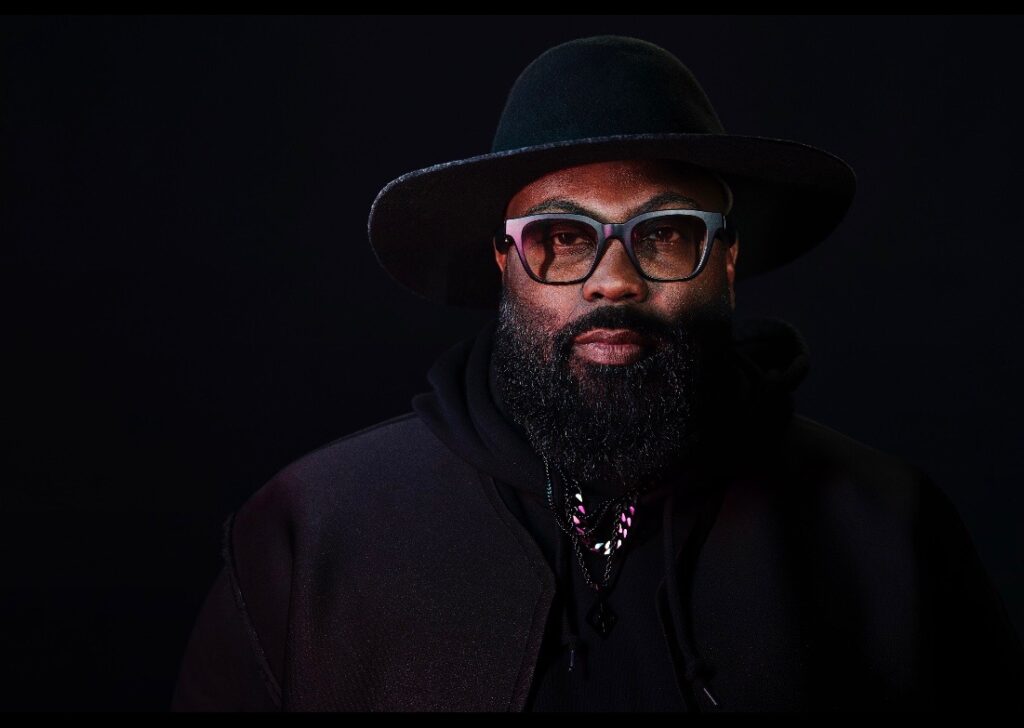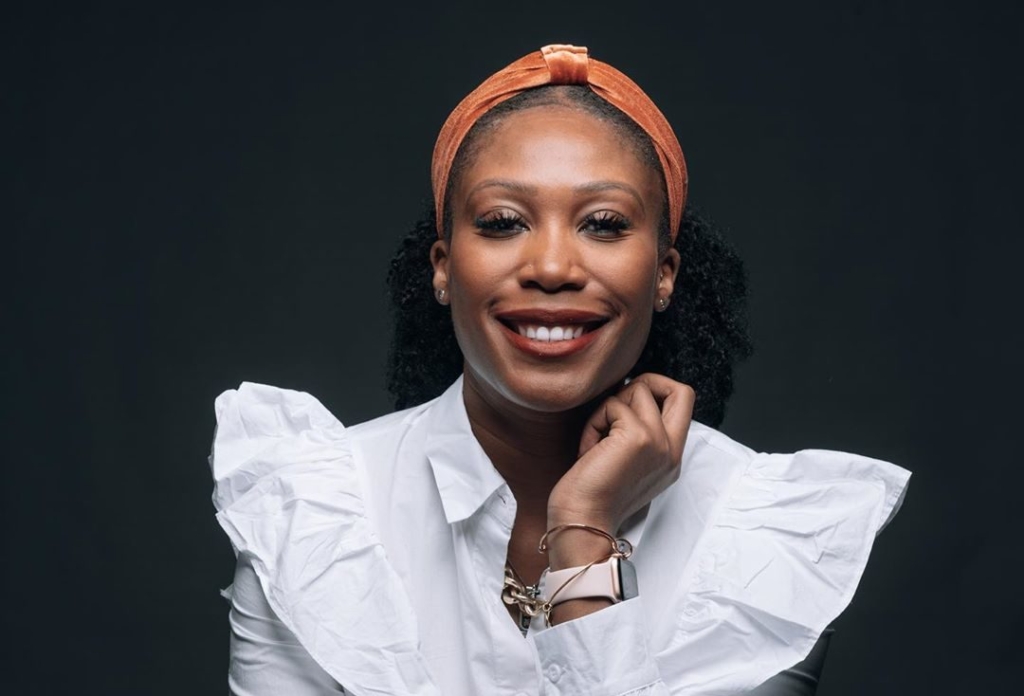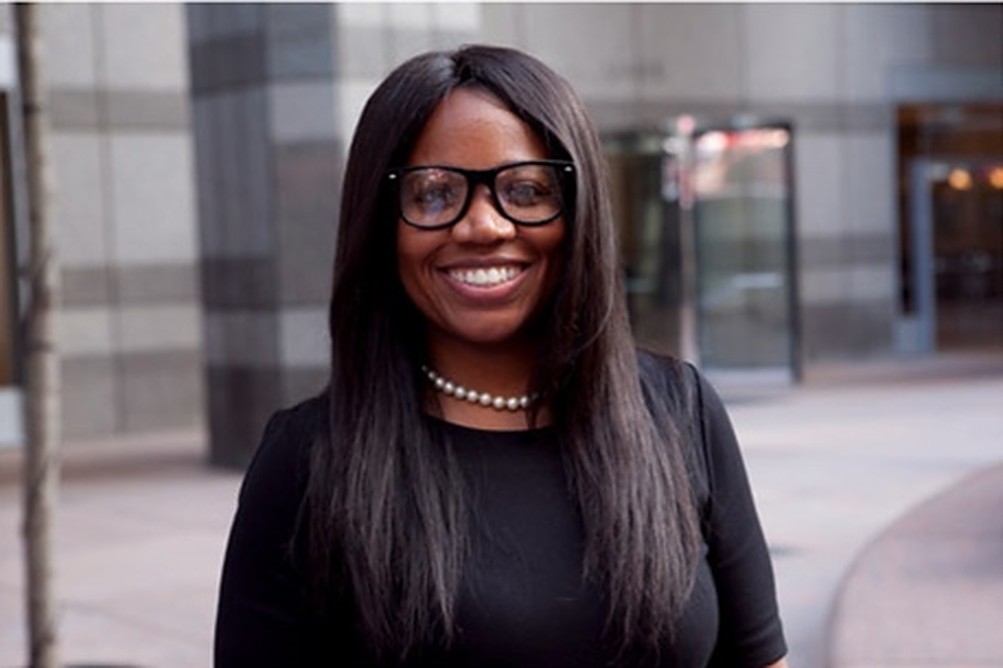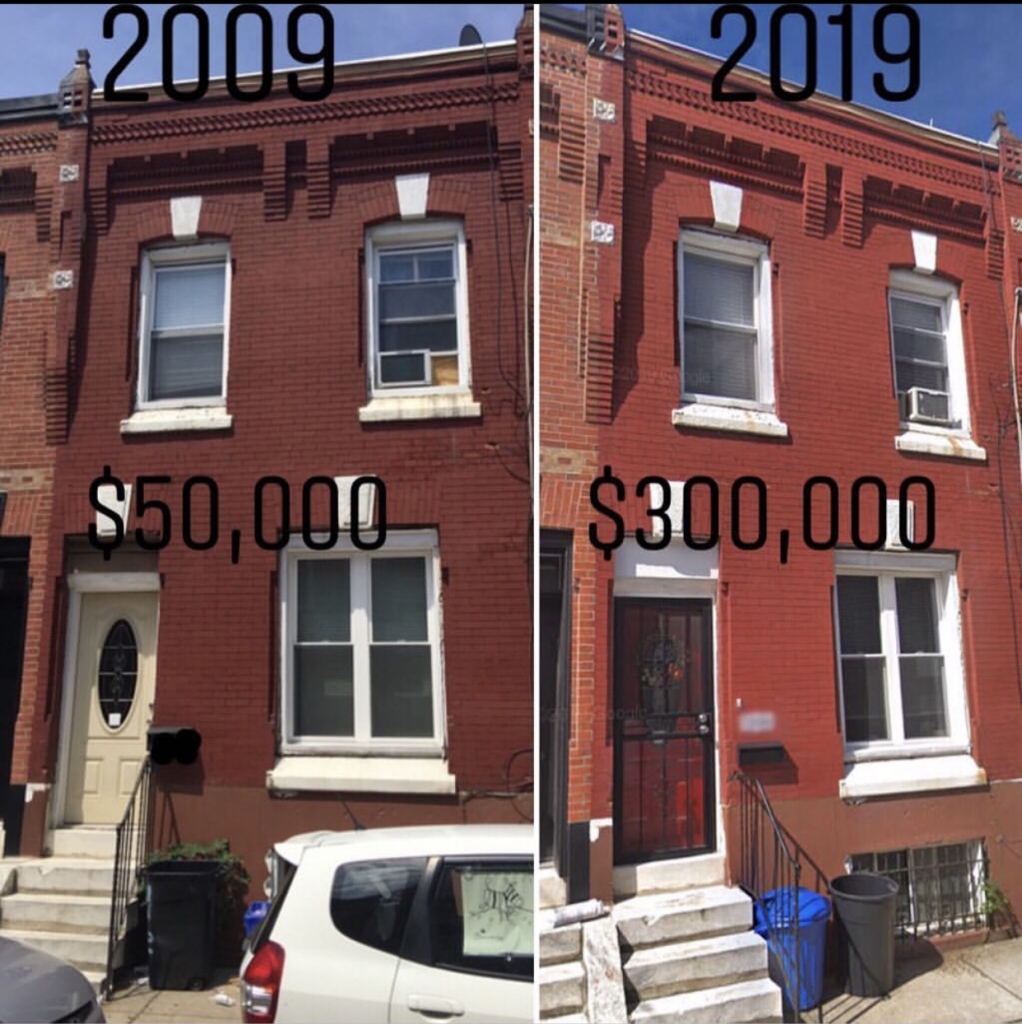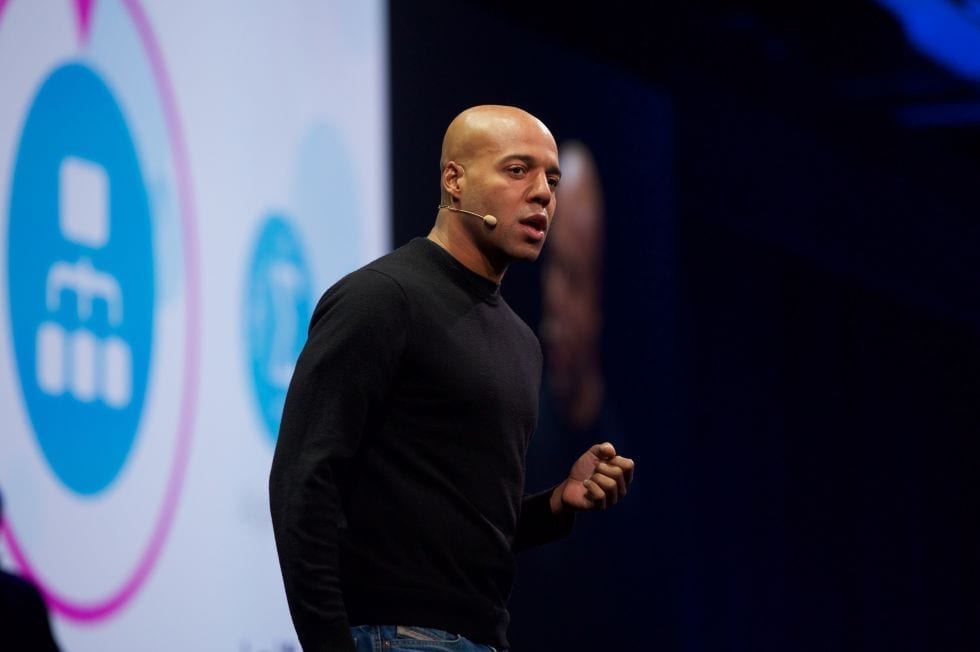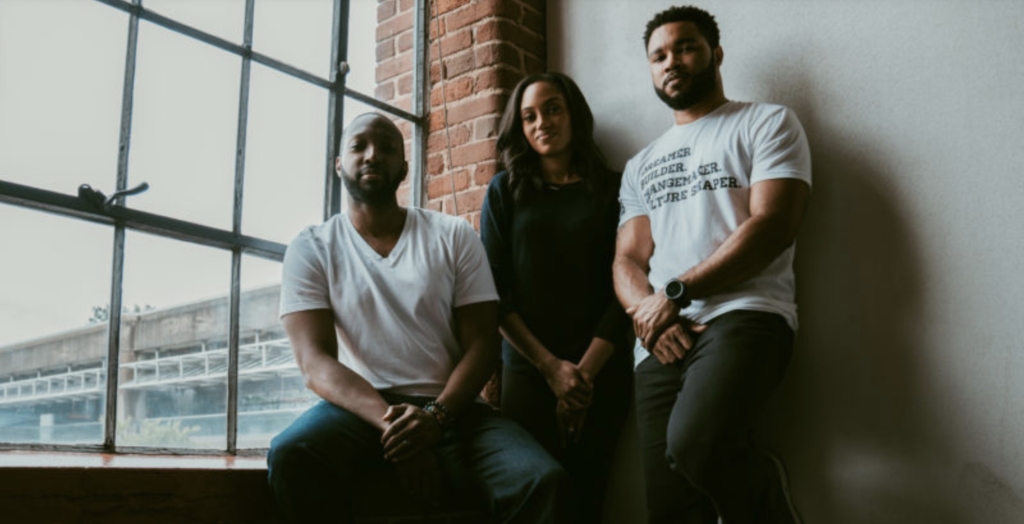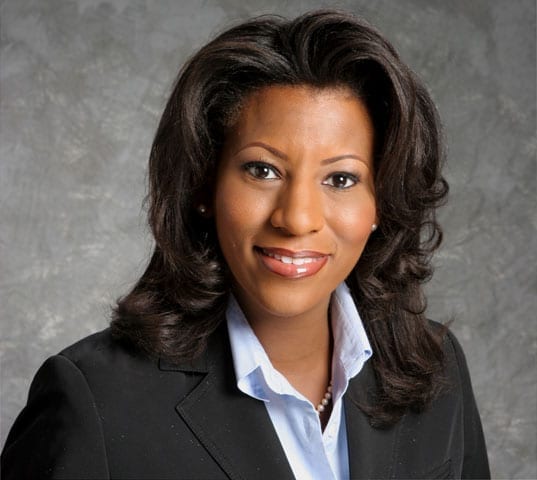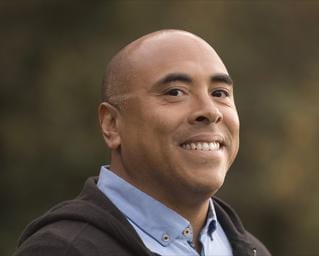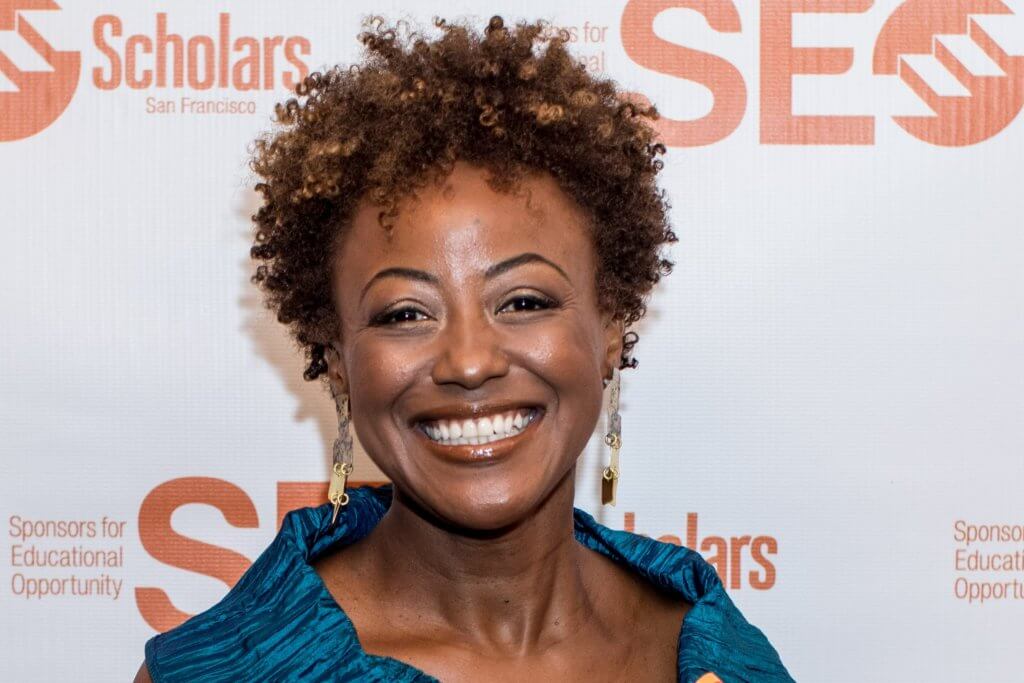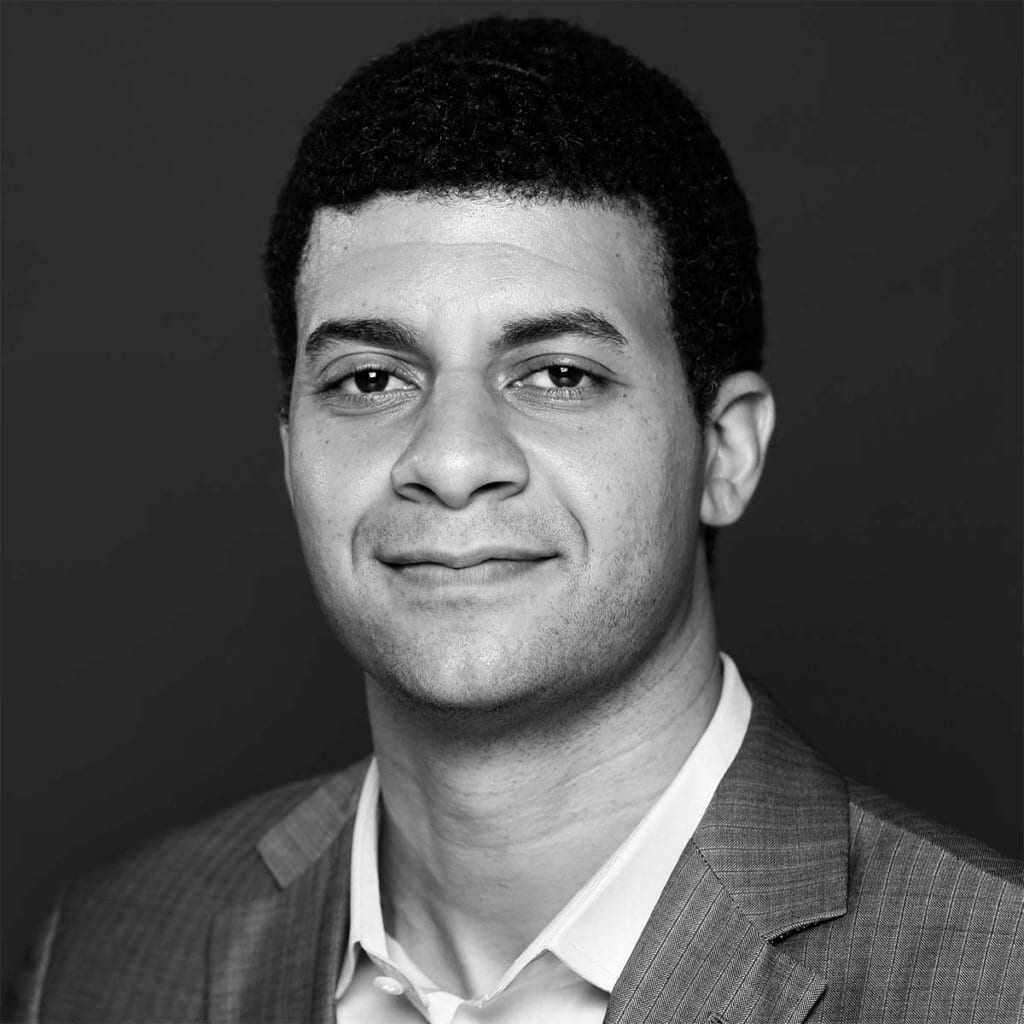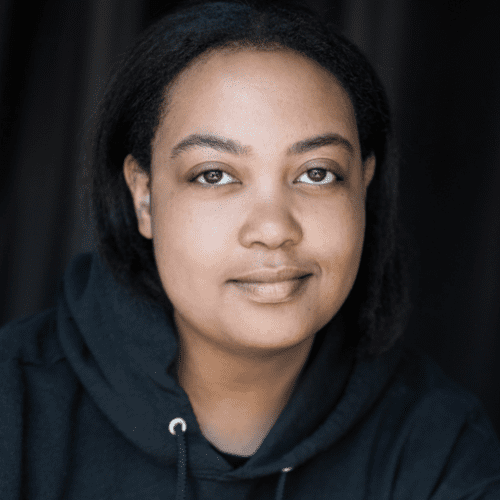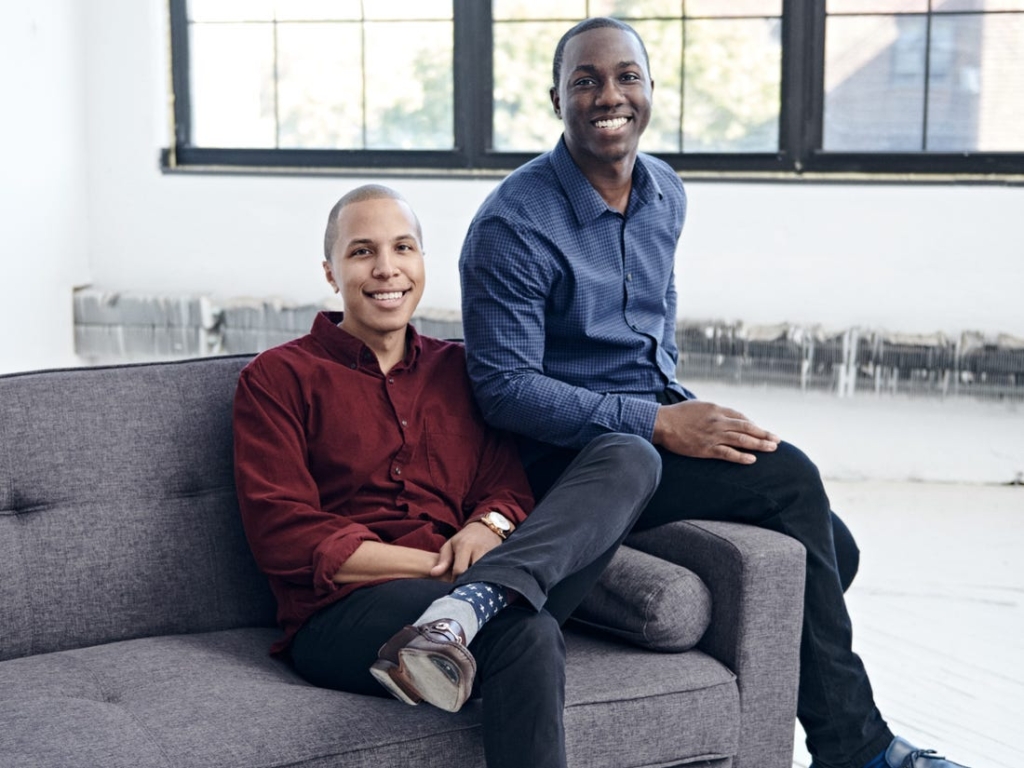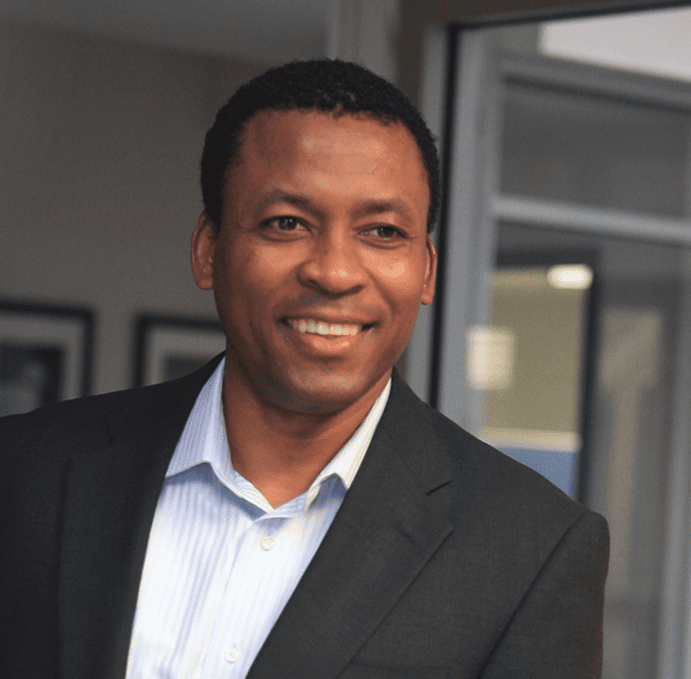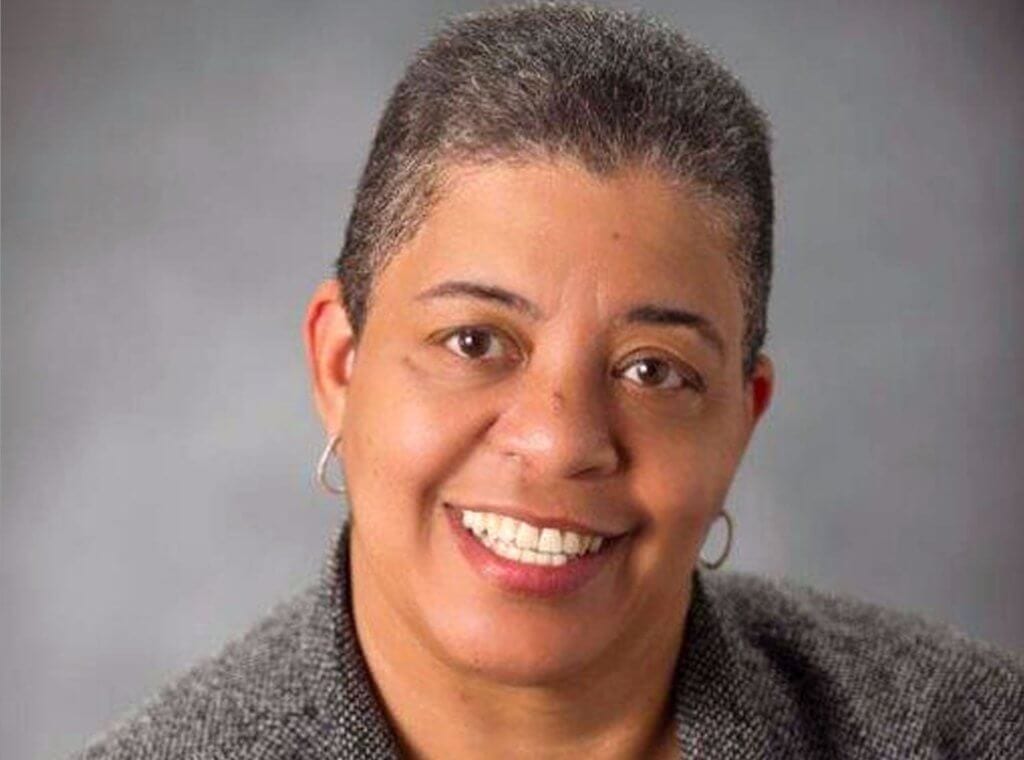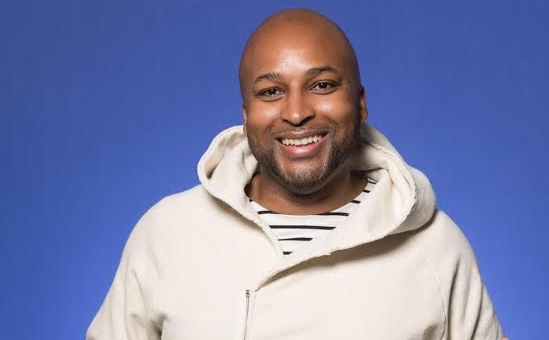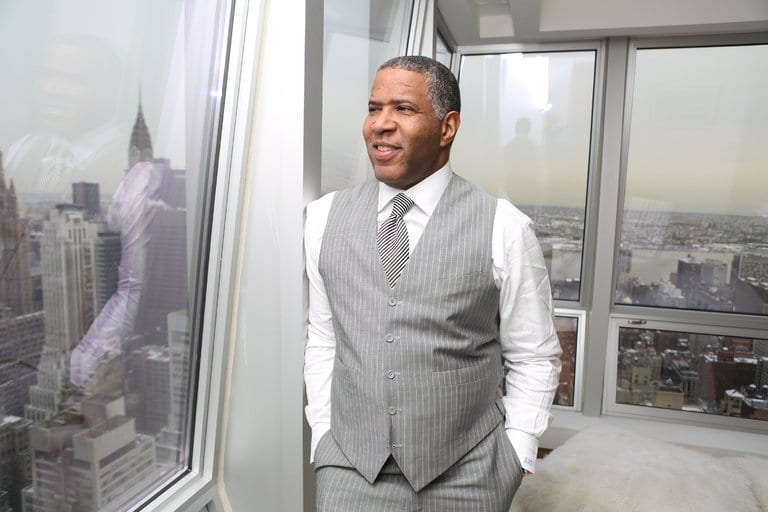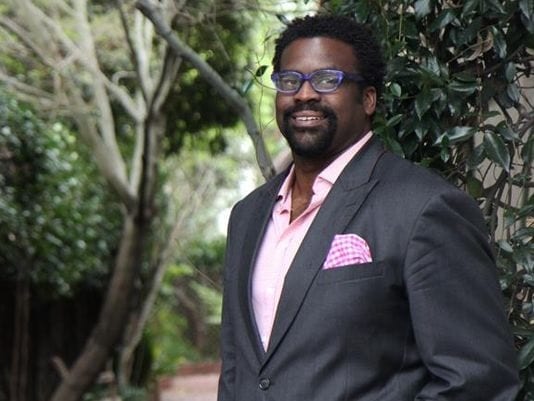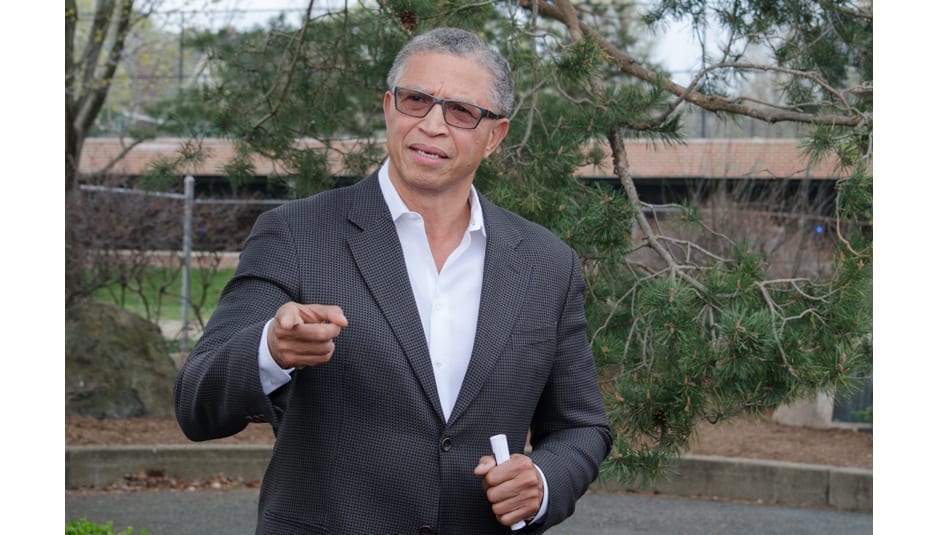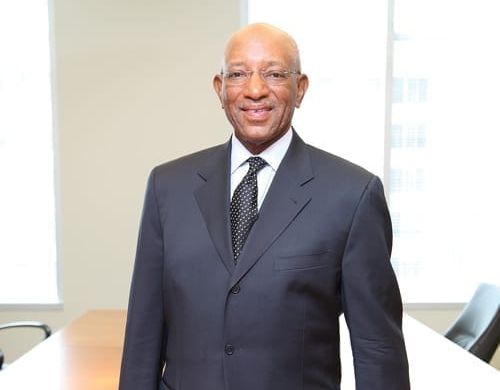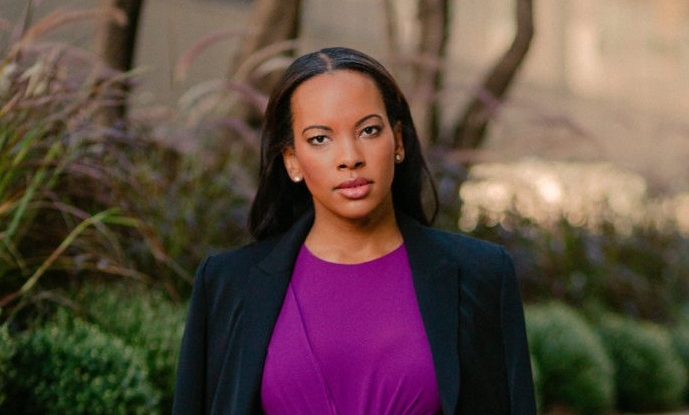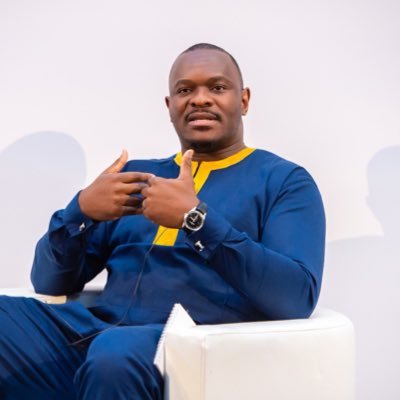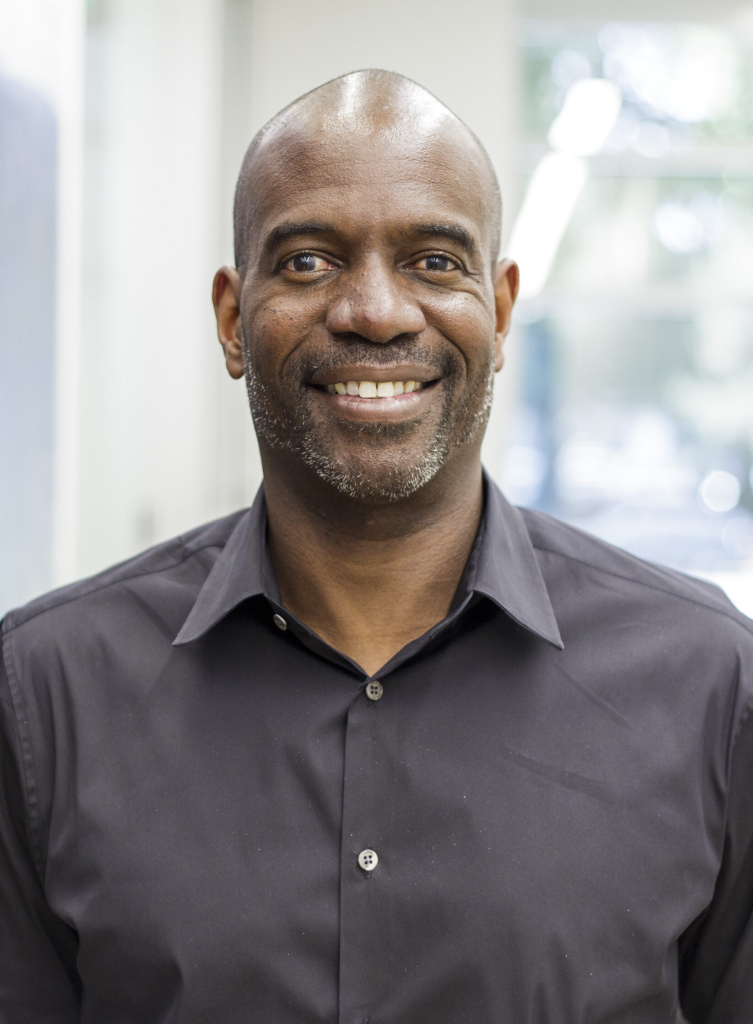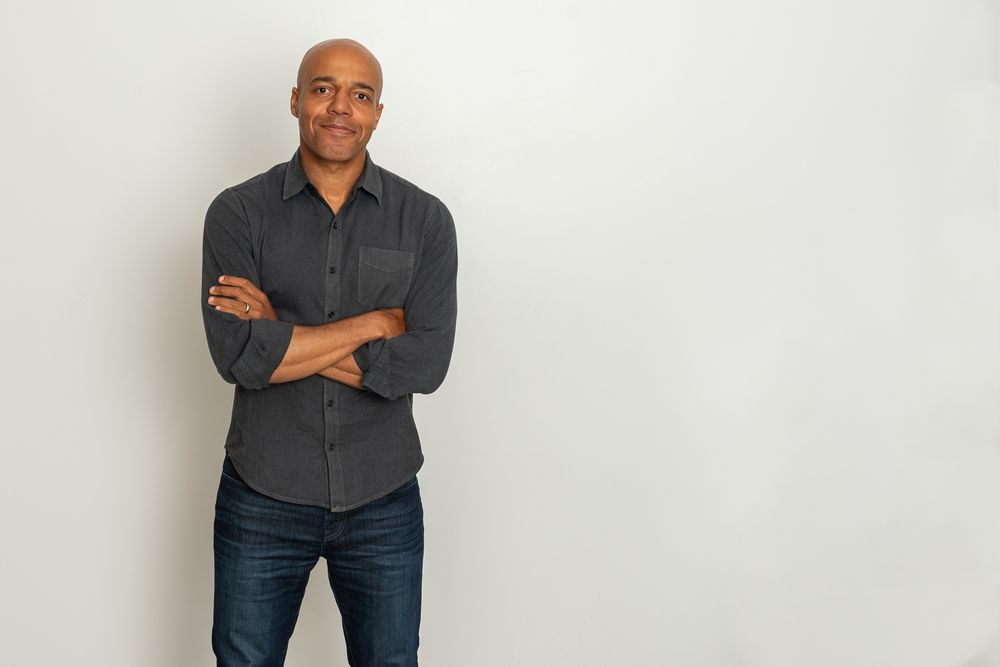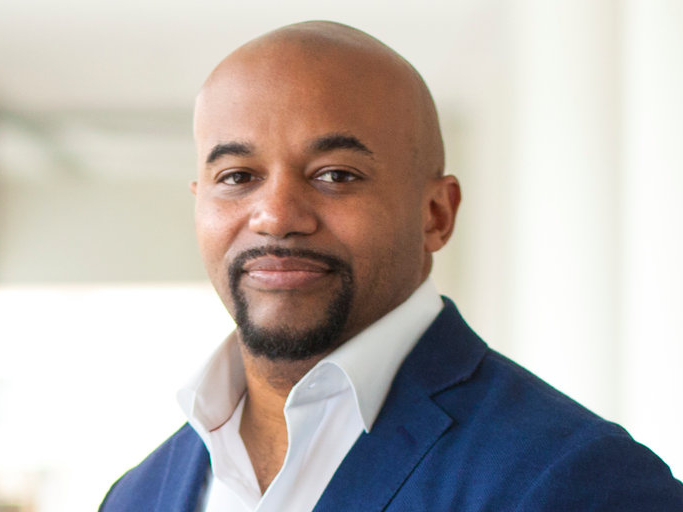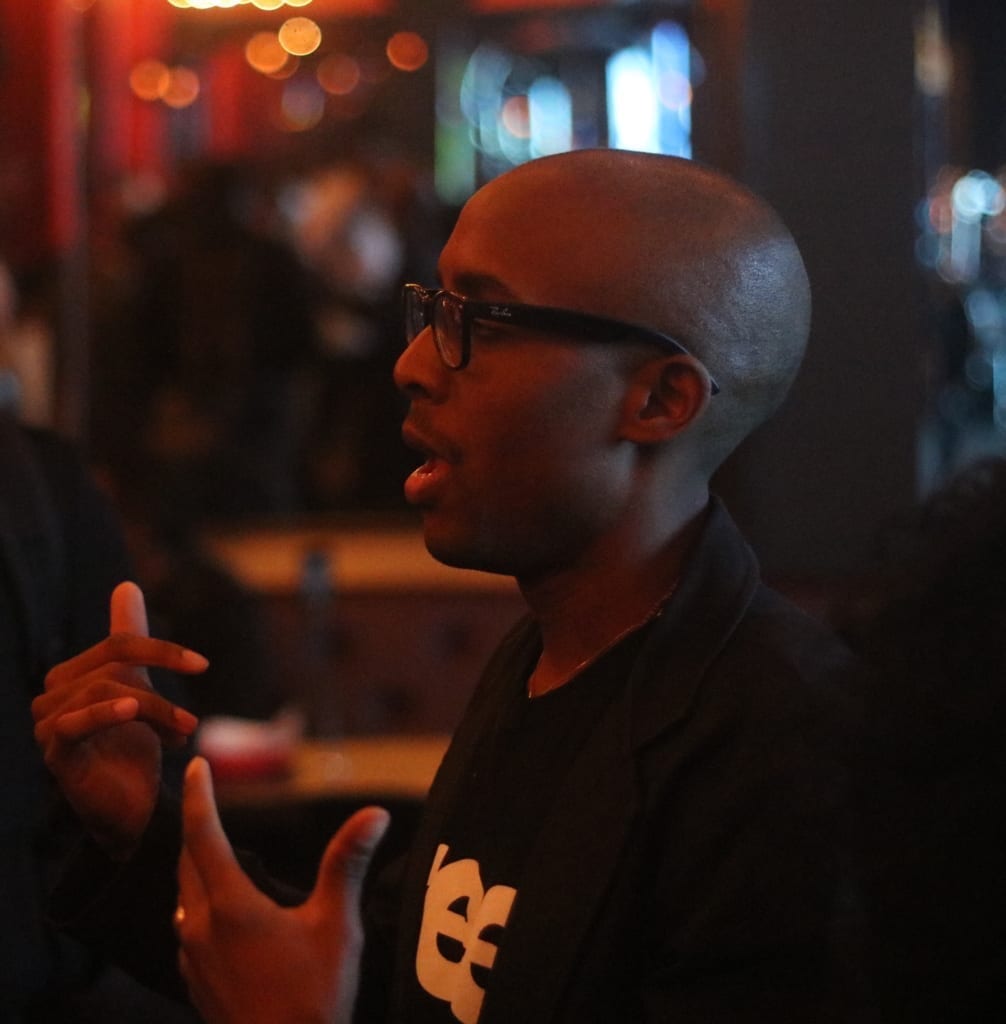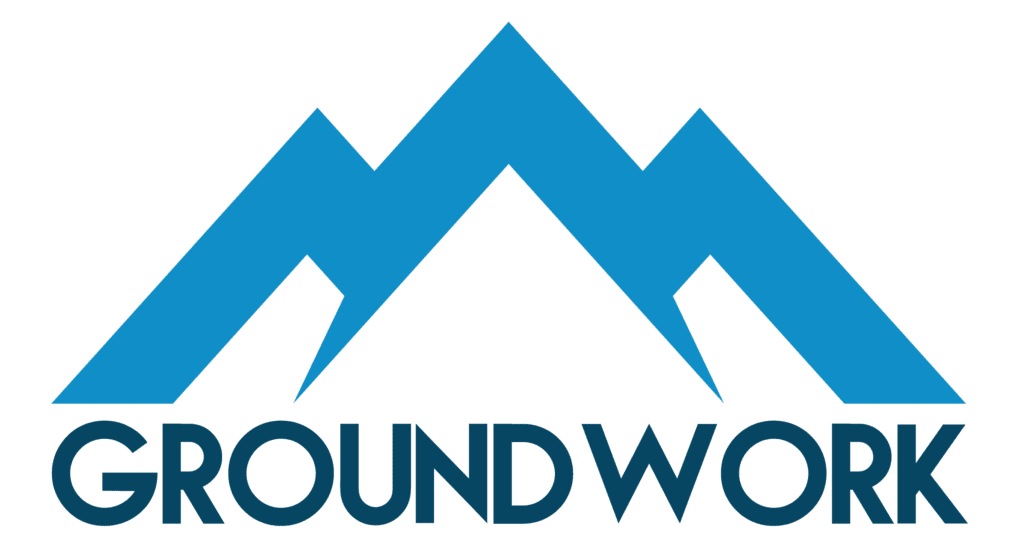Include Ventures is a U.S. based venture capital firm that is raising a $125 million fund for Black and Brown-led fund managers and another $125 million for direct investments.
The firm’s leadership team includes Bahiyah Yasmeen Robinson, Keith Spears, and Taj Eldridge.
Taj is a 25+ year investment professional whose career has included high-level executive roles in banking, asset management, alternative investments, and entrepreneurship.
We recently asked him to share some of his thoughts and insights as an investor.
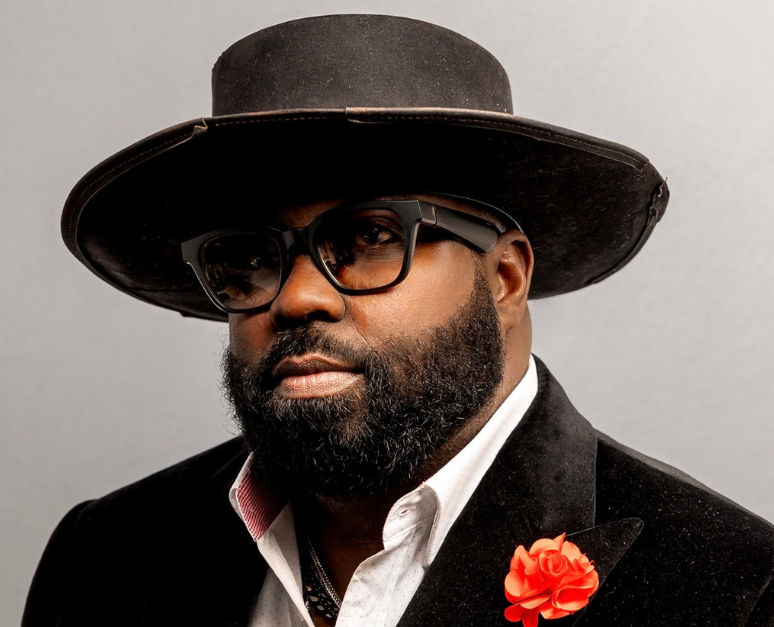
How would you describe the investment thesis and structure of Include Ventures?
Include Ventures is a dual fund – a fund of funds to invest in funds I, II, and IIIs led by people of color.
We also have a direct investment vehicle to co-invest in startups with funds in our ecosystem in the sectors of Fintech, Cleantech, Edtech, Media, and Digital health primarily in the series A stage.
We consider Include Ventures as a seeding platform because we have Include Global, an advisory platform for LPs and GPs, and VC Include, an ecosystem created to bring together LPs and GPs to expand their investment opportunities through diversity.
All are geared to impact alpha inclusion and sustainability.
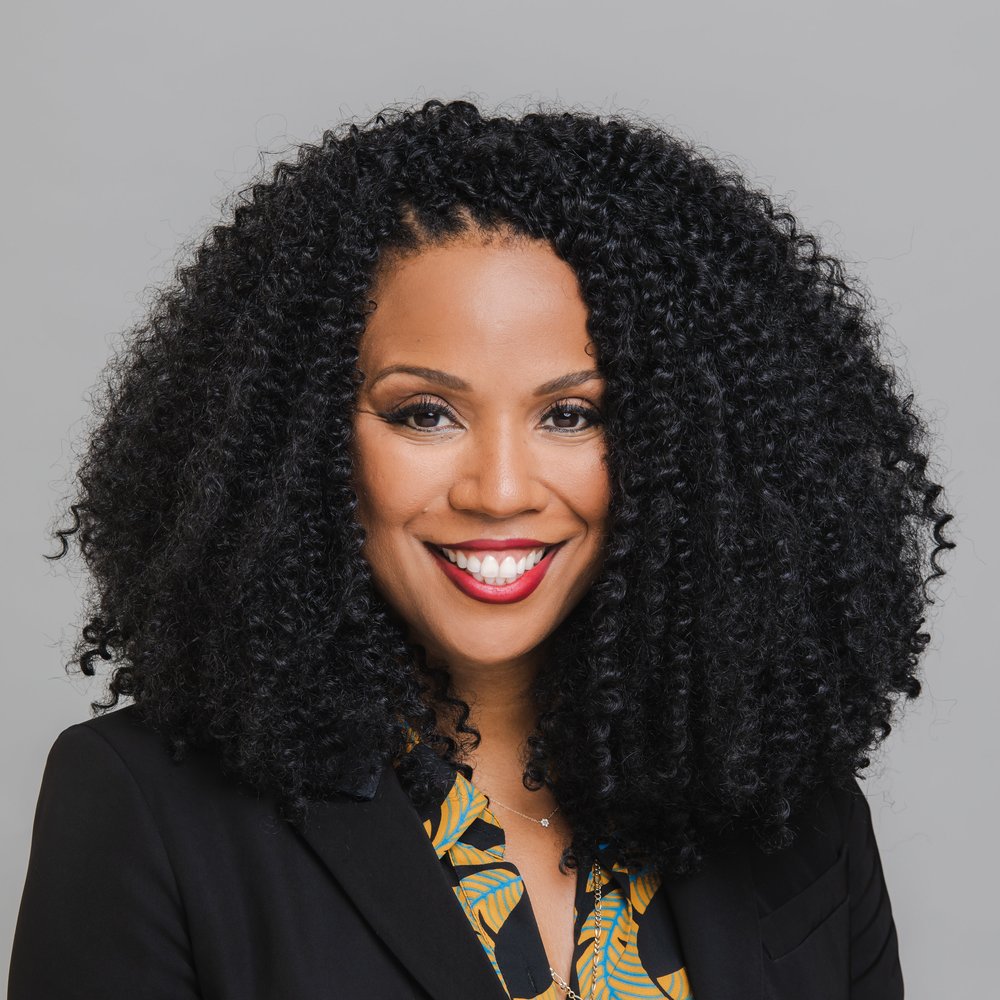
Describe your fund selection process. How do you decide which to invest in?
We have a fairly democratic process where we ask funds to upload their material on our site. Then we have a streamlined process to assess the limited number of investments we will move forward in our process.
We look to invest in the best-in-class funds and managers at the intersection of alpha inclusion and sustainability
You are quite outspoken when it comes to matters related to climate change. What sparked your passion for this space?
My illness sparked my focus on climate. I’m currently suffering from a kidney disease partially caused by environmental factors so I see climate as a public health issue.
I also see climate as an opportunity to build green wealth as we make this just transition so both are key to my excitement around communities of color coming to climate tech.
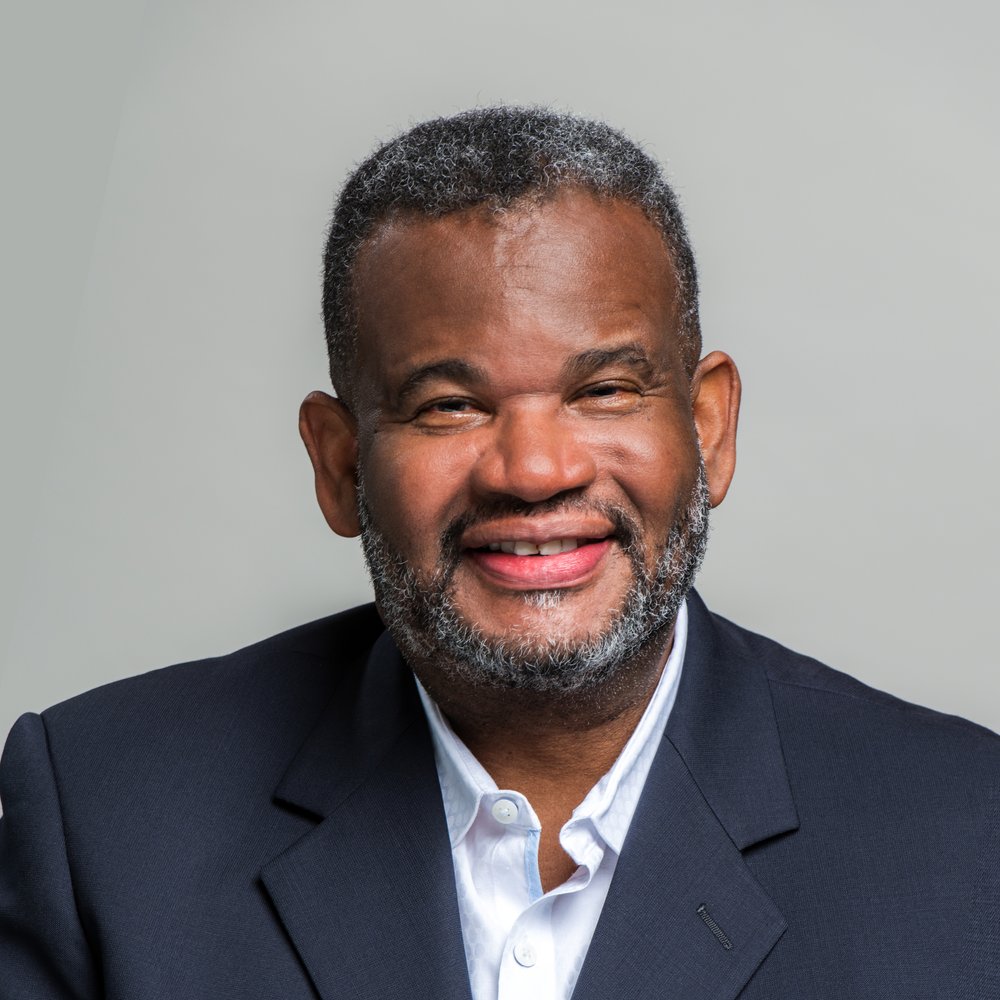
What are some ways that you incorporate sustainability into your lifestyle?
One of the main ways I incorporate sustainability is through what I wear. As a former fashion executive, I see a number of brands focusing on sustainable processes to create apparel.
Are there any encouraging trends you’re noticing in the climate tech space? Is there anything you’re wary of?
Encouraging for me are firms that think about the way we use energy for our home like Blocpower as the pandemic has shifted our offices and thus our energy use.
I’m weary of the intersection of crypto/blockchain and energy mainly because it’s not a sector I’m well versed in. I think it’ll take time to mature.
What advice do you have for founders and for fund managers?
The only advice I have is to keep building impactful companies. America and people of color have a history of “funding a way or making one” and I get excited to see our American ingenuity.
– Tony O. Lawson
Want to invest in Black founders? Please fill out this short form.

